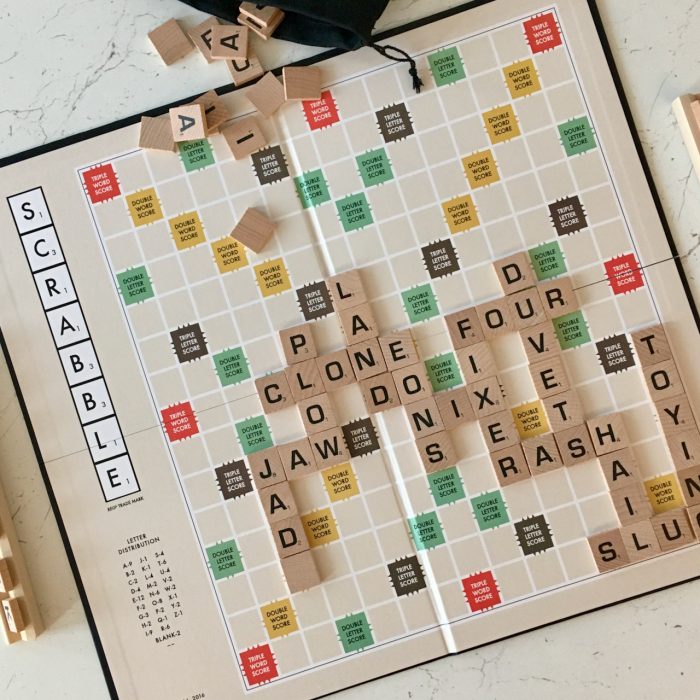While I agree (sort of 😉) with Nick Cave, that “now is the time to be cautious with our words” when considering the cultural and societal impact of the Covid-19 pandemic, it is hard not to consider the possibilities given how different everything seems. Not least when you step outside into quieter, calmer streets; greeted by the sounds of nature literally calling out a song of reclamation.
David Byrne, on the site ‘Reasons to be Cheerful’ has been considering the potential for change after taking a “long bike ride”…
“I ask myself, is there something we can learn from this, something that will prepare us to better weather the next crisis, some different way of being that might make us stronger? Is this an opportunity to change our thinking, our behavior? How can we even do that? Are we capable of doing that?”
Such existential ruminations may seem trivial as we try to come to terms with our new existence amidst this global crisis. But, it is hard not to dwell on such notions when you are isolated, alone with your thoughts; faced with a daily increasing count of the people who have died; and no end in sight.
That said, there is hope and reason to be cheerful. People are coming together in solidarity, as Byrne notes…
“It’s ironic that as the pandemic forces us into our separate corners, it’s also showing us how intricately we are all connected. It’s revealing the many ways that our lives intersect almost without our noticing. And it’s showing us just how tenuous our existence becomes when we try to abandon those connections and distance from one another. Health care, housing, race, inequality, the climate — we’re all in the same leaky boat….”
“In emergencies, citizens can suddenly cooperate and collaborate. Change can happen. We’re going to need to work together as the effects of climate change ramp up. In order for capitalism to survive in any form, we will have to be a little more socialist. Here is an opportunity for us to see things differently — to see that we really are all connected — and adjust our behavior accordingly.”
The response to the pandemic in the UK has given me hope. A government that favours privatisation and decentralisation has been forced to unite the country and recognise that the well-fare state is a very, very “leaky boat”. Over, half a million people signed up to help the NHS when the call was put out. That is not the voice of a people who still believe in Thatcherism or the false ideals of Brexit. On the contrary, it is the chorus of a nation who recognise that our socialist values and institutions sit at the very heart of our society. And, in a time of crisis, they rely on our interdependence. After all, it is doctors, nurses, teachers, social workers, police officers and bus drivers (to name a few) who will get us through this crisis.
Byrne closes his article by asking the vital question:
“Are we willing to do this? Is this moment an opportunity to see how truly interdependent we all are? To live in a world that is different and better than the one we live in now? We might be too far down the road to test every asymptomatic person, but a change in our mindsets, in how we view our neighbors, could lay the groundwork for the collective action we’ll need to deal with other global crises. The time to see how connected we all are is now.”
It remains to be seen if there will be lasting change but the selflessness of the British people over the past week has restored my faith in humanity and filled me with optimism for the future. I’ve seen the altruism and solidarity first hand in the actions of my colleagues. They have been nothing short of miraculous, keeping school open for a small number of children whose parents are key workers; emailing out hundreds of voucher codes for pupils on free school meals; and making calls (on the phone and in person) to check-in on our most vulnerable pupils and families.
To say I am proud is an understatement.
